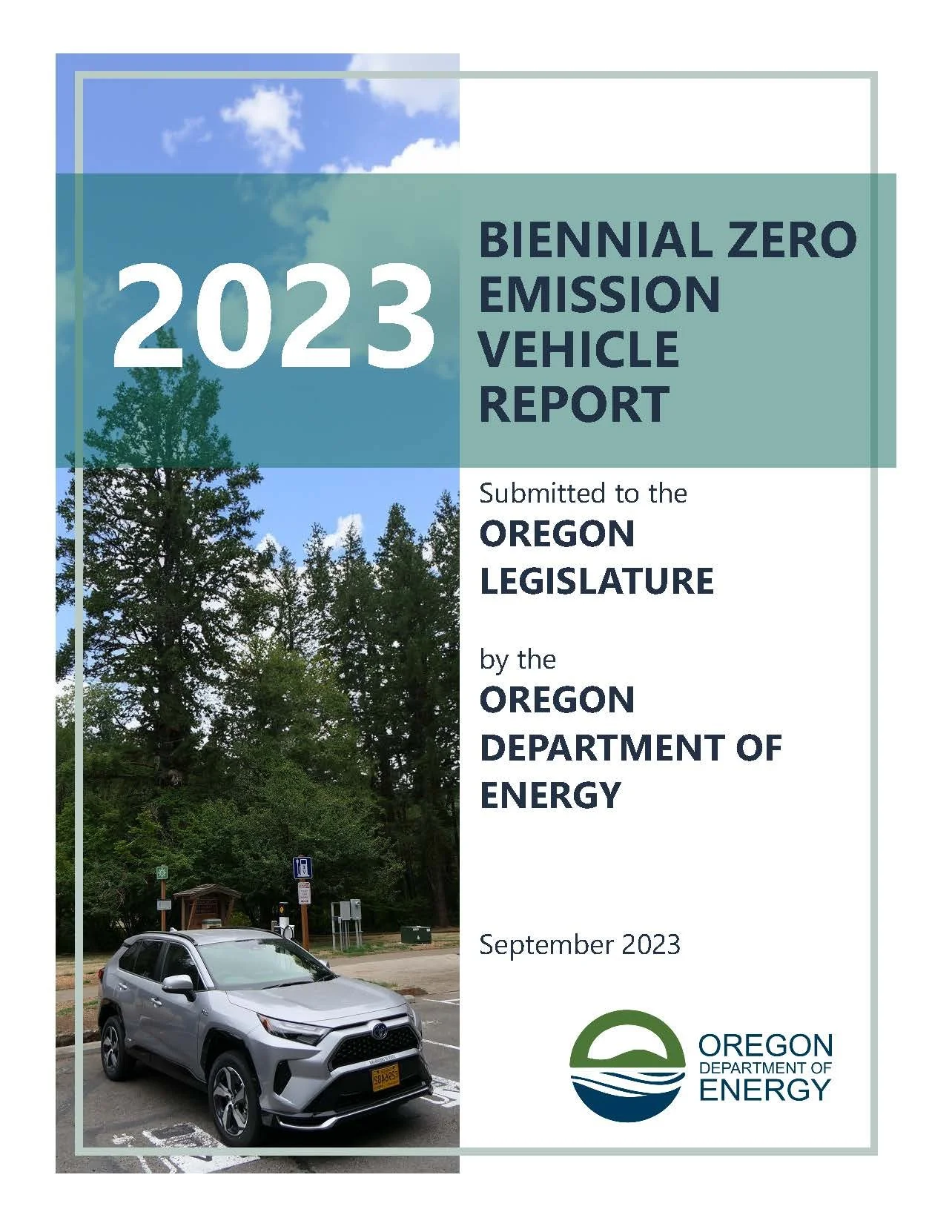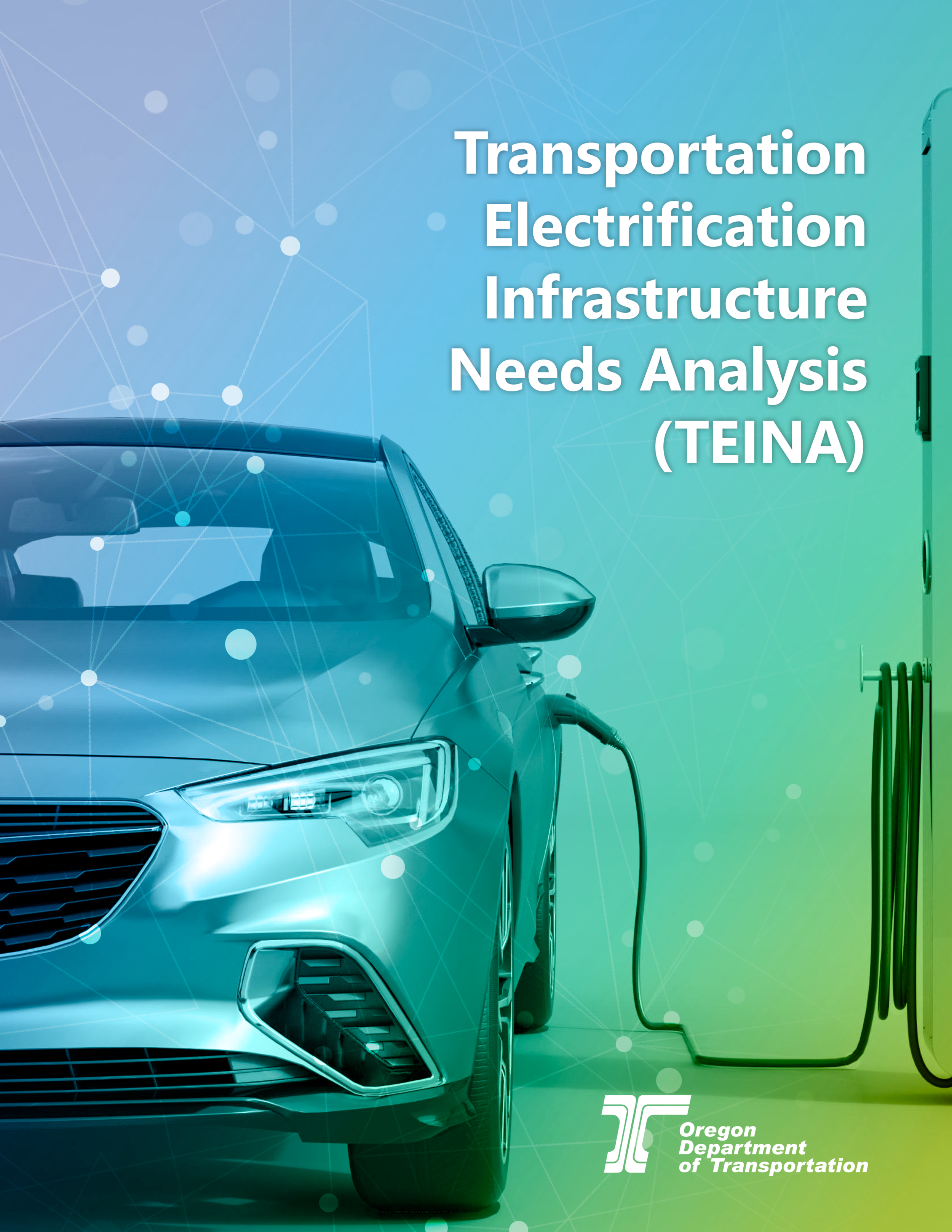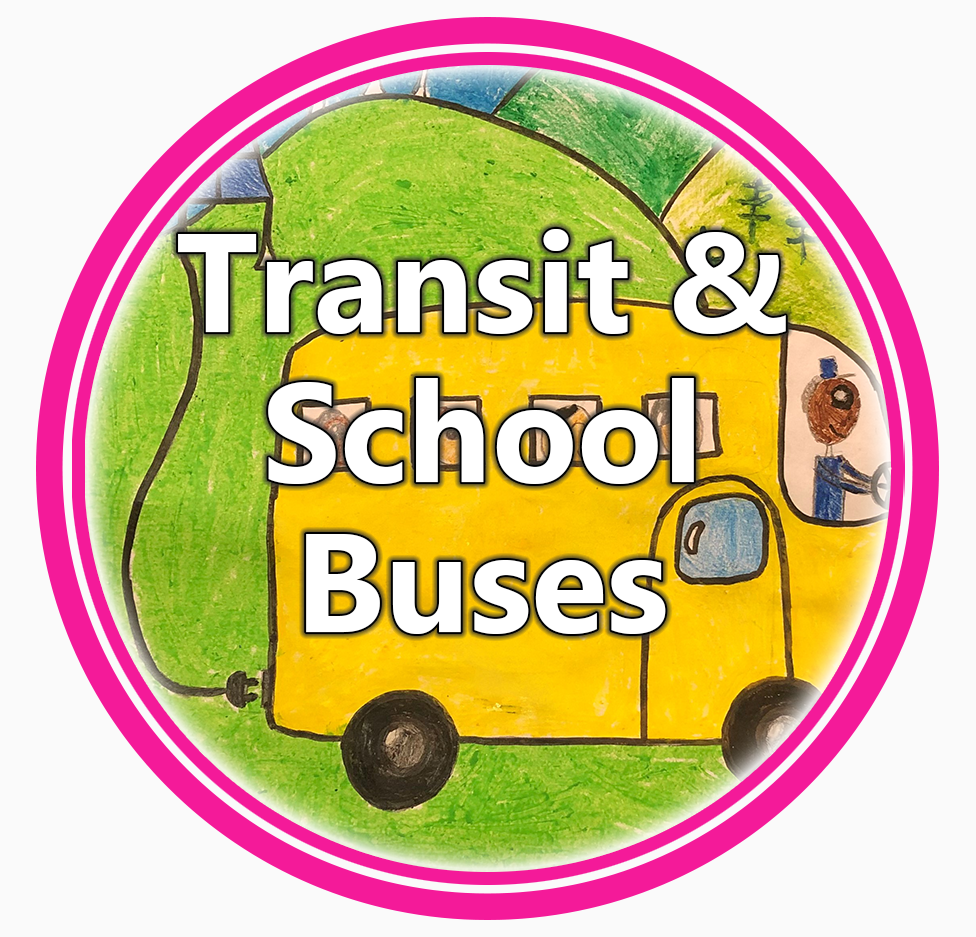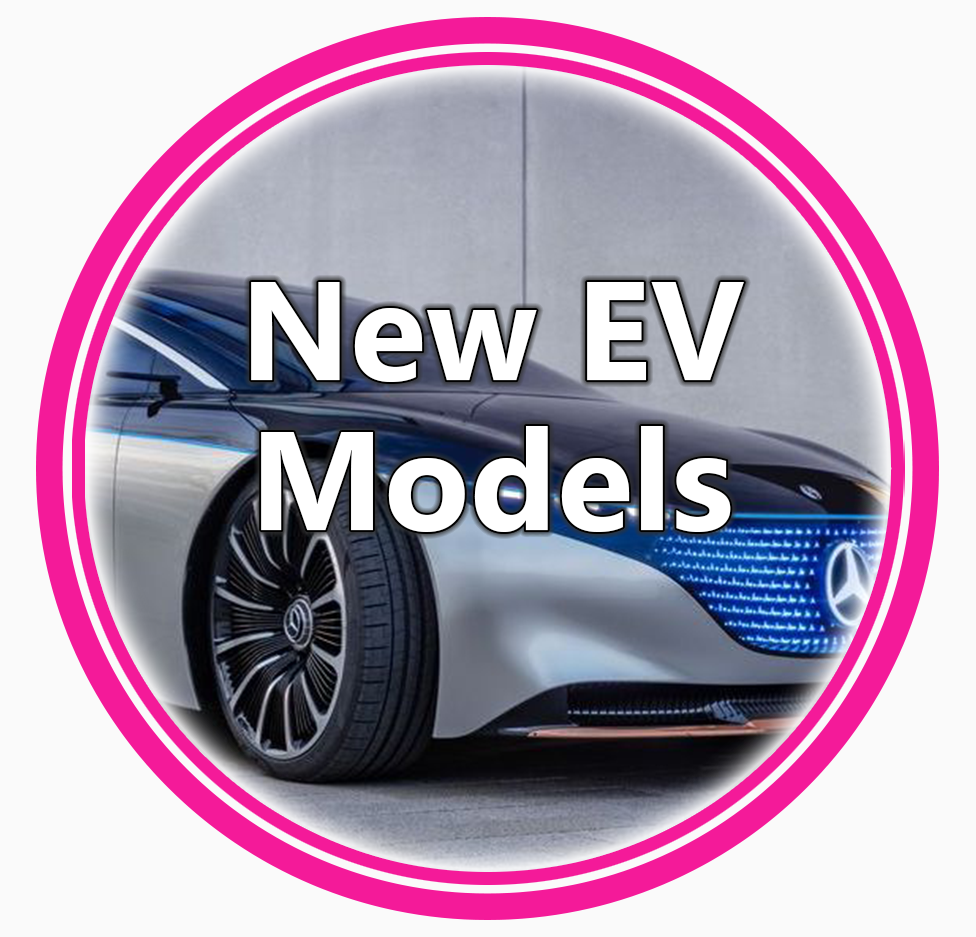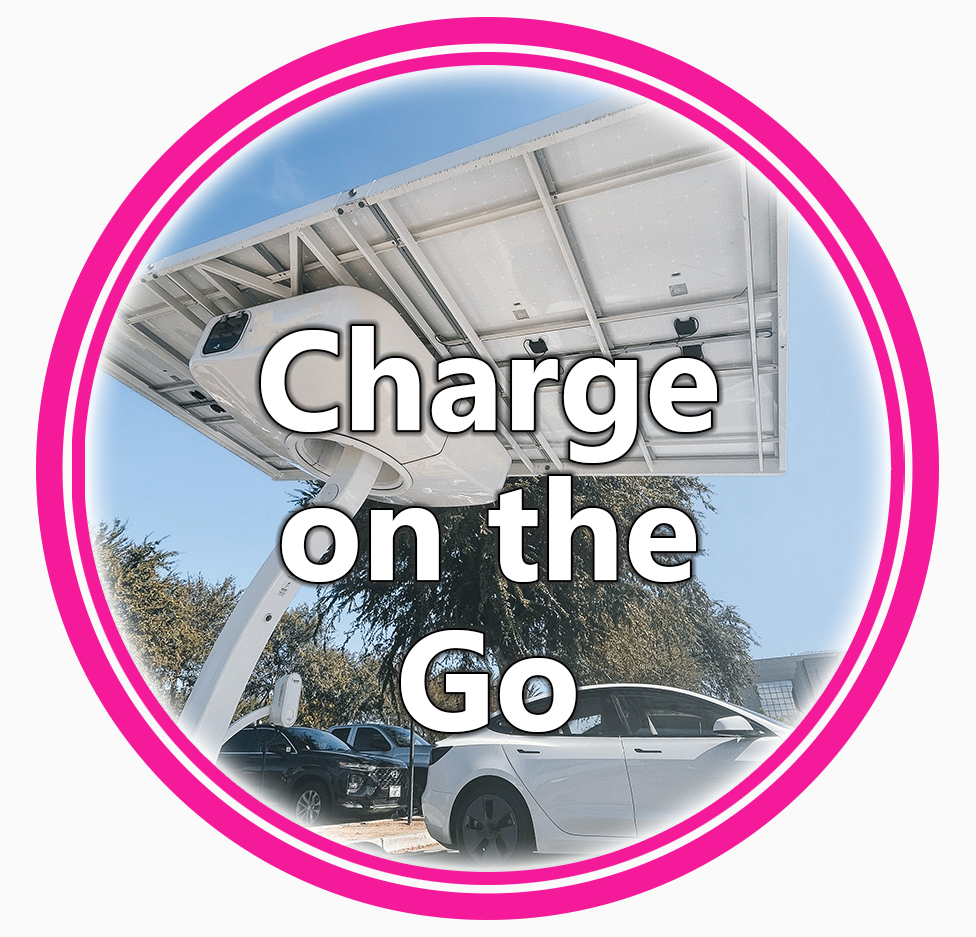Oregon's EV Strategy
Senate Bill 1044 and the advanced clean vehicles ii rules set the following targets for new Zero Emission Vehicle adoption:
50,000 registered ZEVs on Oregon roads by 2020
250,000 registered ZEVs on Oregon roads by 2025
At least 25 percent of registered vehicles and at least half of the new vehicles sold annually are ZEVs by 2030
100 percent of new vehicles sold annually are ZEVs by 2035.
In September of each odd-numbered year, the Oregon Department of Energy will issue a Biennial Zero Emission Vehicle Report that provides updates on reaching the targets, along with other ZEV information, such as charging infrastructure and cost differences.
What’s that Acronym?
DEQ - Department of Environmental Quality
PUC - Public Utilities Commission
ODOE - Oregon Department of Energy
ODOT - Oregon Department of Transportation
DAS - Department of Administrative Services
DCBS-BCD - Building Codes Division
Strategy Deep Dive
-
DEQ will work with the Environmental Quality Commission to maintain consistency with California’s zero emission vehicle regulation. DEQ will participate in federal assessments of vehicle emissions standards and work with the Department of Justice to take appropriate steps to retain California’s exemption for vehicle standards that are more protective of air quality under the Clean Air Act Section 209.
DEQ will implement the Clean Fuels Program to support greater EV adoption in cooperation with the PUC, investor-owned utilities, and consumer-owned utilities. This implementation will include a method to aggregate and monetize all eligible EV credits.
PUC is overseeing transportation electrification requirements in SB 1547, and investor-owned utilities are implementing their transportation electrification plans to encourage greater EV adoption.
-
DAS and ODOE will develop a plan and estimated budget through 2025 to install EV chargers for agency-owned EVs, public charging at state facilities, and employee charging.
DEQ, in cooperation with ODOT, ODOE, and the Oregon Health Authority Public Health Division, will develop a plan to leverage up to 15 percent of the Volkswagen Mitigation Fund to develop and maintain EV charging stations with a focus on connecting rural communities, low-income communities, and Oregonians living in multi-family homes, while complementing the recently established “Charge Ahead” EV Rebate Program.
PUC will support the implementation of investor owned utilities’ SB 1547 transportation electrification plans, especially to encourage programs for moderate- and low-income communities.
DAS will add EV charging to the priority criteria for parking lot waitlists, add EV charging capacity for employee and public visitor parking lots, develop contracts for installing charging infrastructure, and incorporate EV charging as a tenant improvement for state-leased buildings.
ODOT, in cooperation with ODOE, DEQ, PUC, and local governments, will facilitate the deployment process of VW’s “Electrify America” investments and projects under the current investment period for the ZEV Fund of the VW Diesel Settlement. In addition, these agencies will develop proposals for future 30-month investment periods for the fund.
DCBS-BCD and its advisory board(s) will conduct code amendment of the state building code to require that parking structures for all newly constructed residential and commercial buildings are ready to support the installation of at least a Level 2 charger by October 1, 2022.
-
DAS, in cooperation with all agencies, will inform and support legislative changes to enable increased charging infrastructure projects and EV purchases within state government.
DAS will develop a “Low-Emission Vehicle First” policy to encourage state employees to first use electric vehicles or other low-emission vehicles in the state fleet.
DAS, in cooperation with ODOE, will calculate the long-term return on investment of EVs by taking into account cost-savings from fuel and maintenance. This calculation will inform projected cost and cost recovery for EVs and plans for greater fleet conversion.
DAS and ODOE will improve the use of the West Coast Electric Fleets initiative for electric vehicle bulk procurement to reduce costs for EV purchases.
DAS and ODOE will assist Oregon officials, including the Secretary of State, State Treasurer, Attorney General, or the Commissioner of the Bureau of Labor and Industries if they wish to adopt policies and practices to accelerate zero emission vehicle adoption.
A collaboration between ODOT, ODOE, and DEQ created cost comparison tools and guidebooks to assist Oregon organizations electrify their transit and school bus fleets. Learn more at ODOT’s Transit Fleet Electrification page. School Bus Electrification information coming soon.
-
ODOE will lead a collaborative effort to develop goals, metrics, and other indicators of progress for Oregon’s EV goals, and will develop a website to share information with the public.
ODOE will lead a strategic effort to engage consumer and public-owned utilities to enable increased EV adoption and provide technical assistance on strategies to accommodate increased loads on their electric systems.
PUC will develop strategies to encourage continuous improvement of outreach and education plans under the investor owned utilities’ SB 1547 transportation electrification plans, especially to encourage programs for moderate- and low-income communities.
DEQ will develop strategies to help ensure Oregonians are informed about the opportunities to reduce EV purchase and lease costs under the EV Rebate program, in addition to outreach with low-income communities and organizations for the “Charge Ahead” rebate program.
ODOE, working with ODOT, PUC, DEQ, and the Department of Education, is directed to develop tools and information to help school districts make decisions about zero emission bus options when replacing school buses.
ODOT, working with ODOE, PUC, and DEQ, is directed to develop tools, information, and best practices to help transit agencies make decisions about zero emission bus technology adoption in transit fleets or districts.
ODOT, ODOE, DEQ, and the OHA Public Health Division will work with transit agencies and others to assess how ZEV technologies can help to reduce emissions and improve public health in the heavy-duty sector, including through the accelerated transition to zero-emission buses.
-
DEQ will implement the Oregon Clean Vehicle Rebate program, which will provide rebates ranging between $750 and $2500, to encourage Oregonians to purchase or lease new and used EVs.
ODOE will design and establish a “Governor’s Award” for automobile dealerships to encourage sales of electric vehicles, such as the highest annual electric vehicle sales and highest percentage per capita of electric vehicle sales in a year.
ODOE will design and establish a “Governor’s Award” that recognizes businesses and organizations that support EV adoption, such as through installing charging infrastructure and converting fleets to electric vehicles.
-
Provide a forum where the private sector, tribes, non-governmental organizations, local governments, and other non-state entities can make EV commitments, such as workplace charging or fleet conversion, to accelerate EV adoption in the state.
STAY CONNECTED
A multi-agency Zero Emission Vehicle Working Group is tasked with implementing EO 17-21 and its directives. Follow the group’s progress and learn how to get involved.
Sign up to receive email updates about the State of Oregon’s electric vehicle programs and policies.
